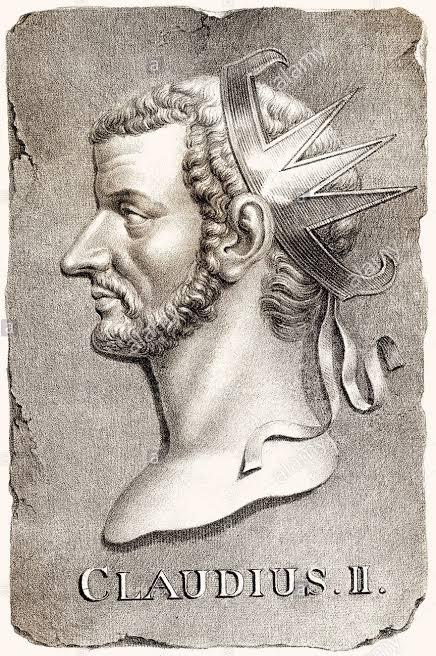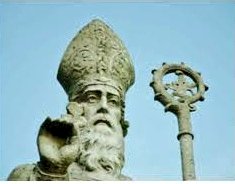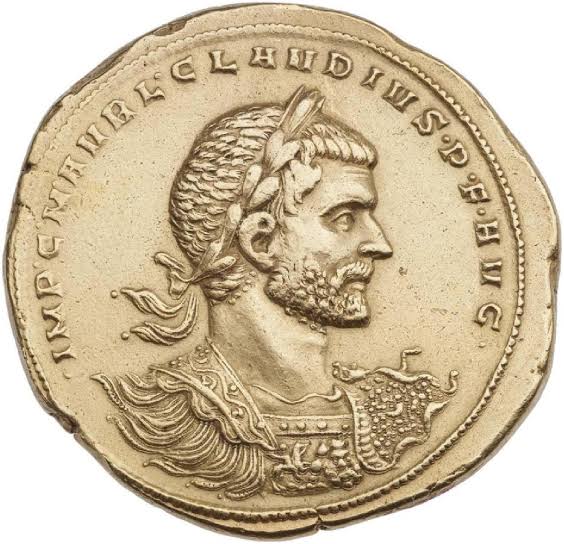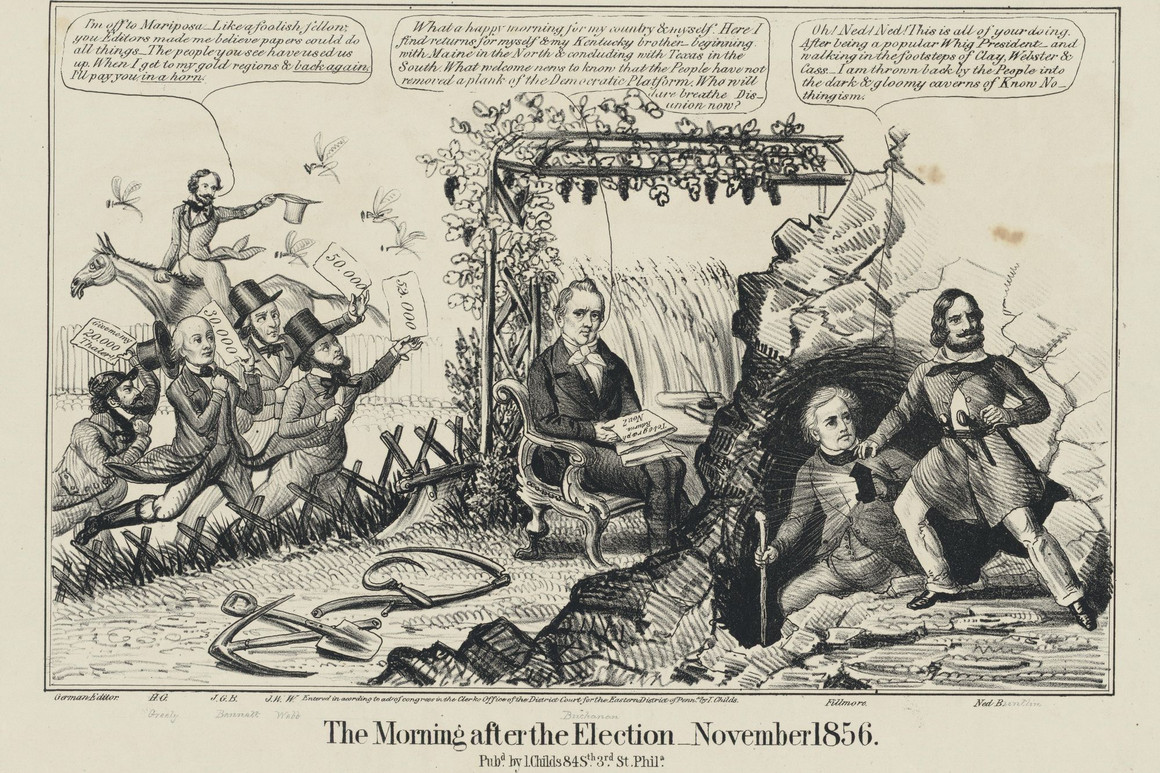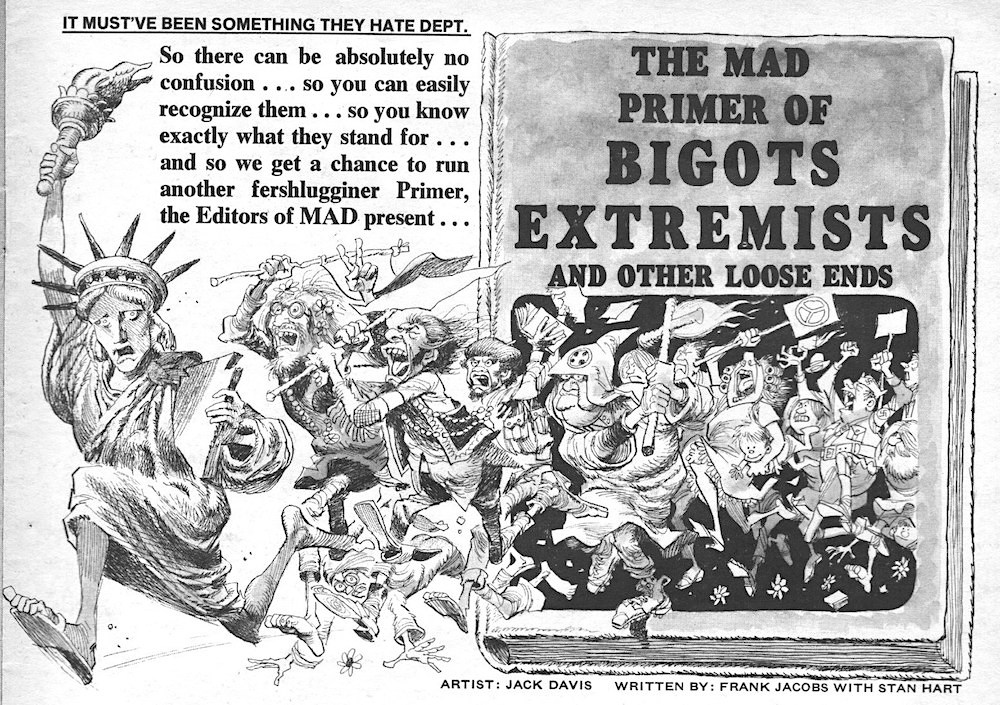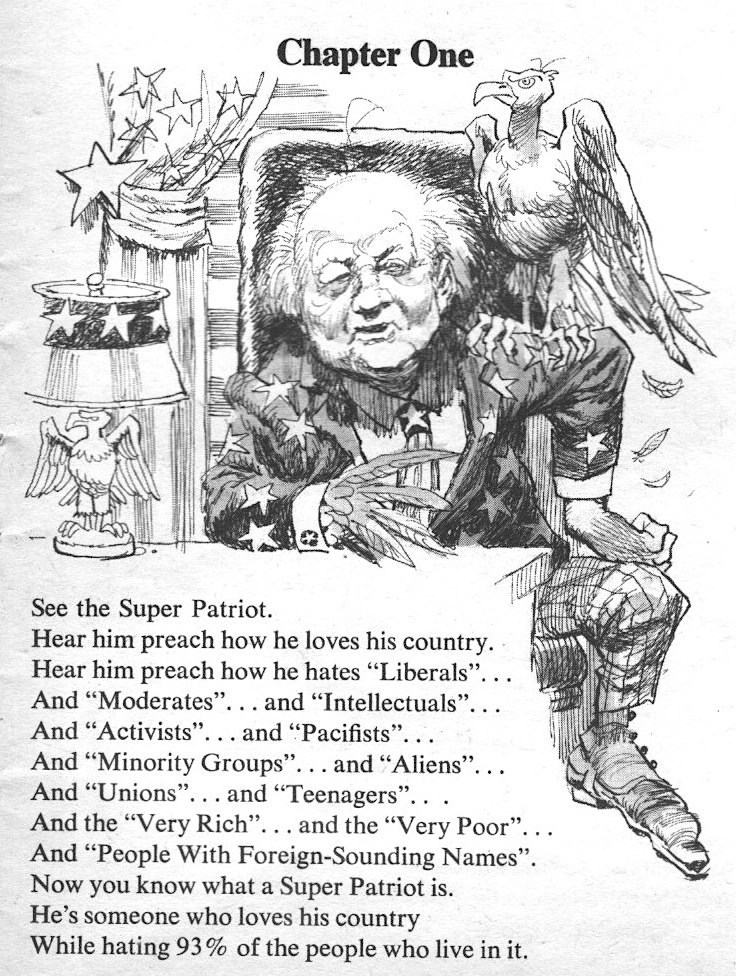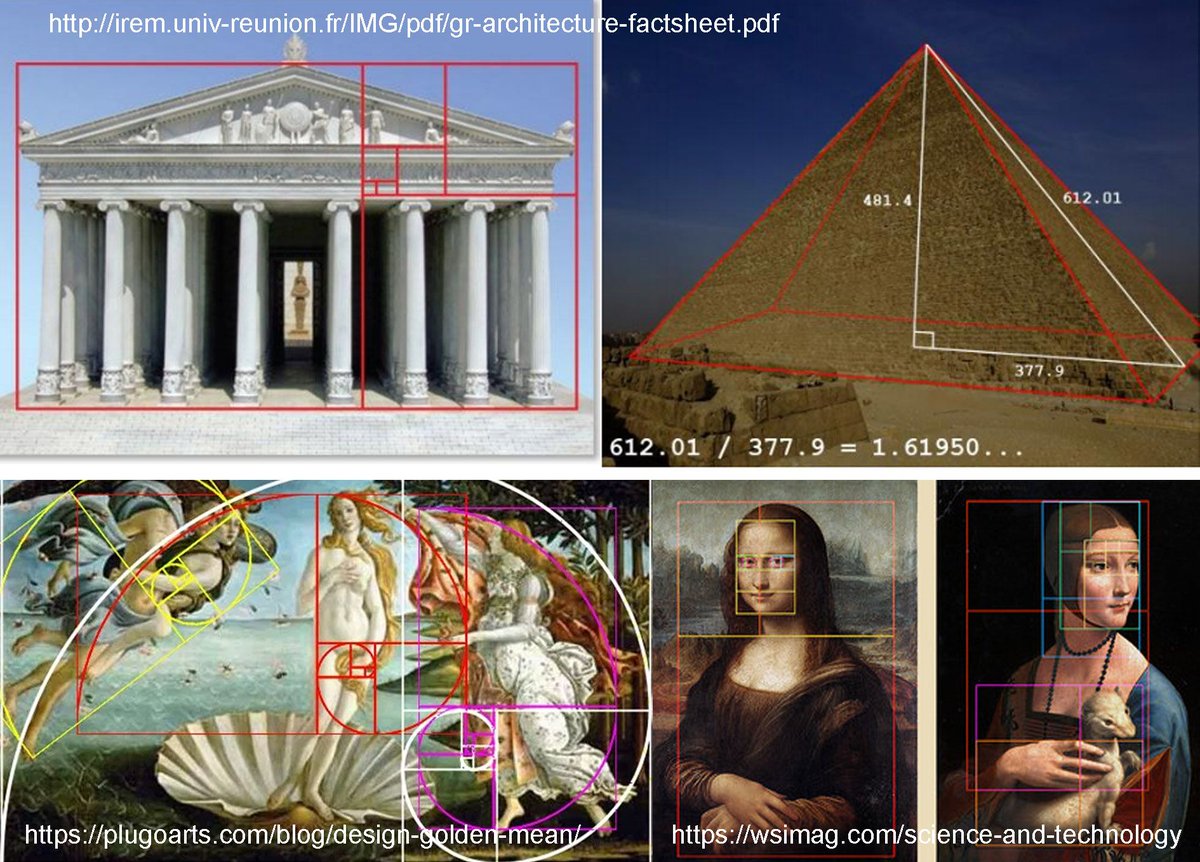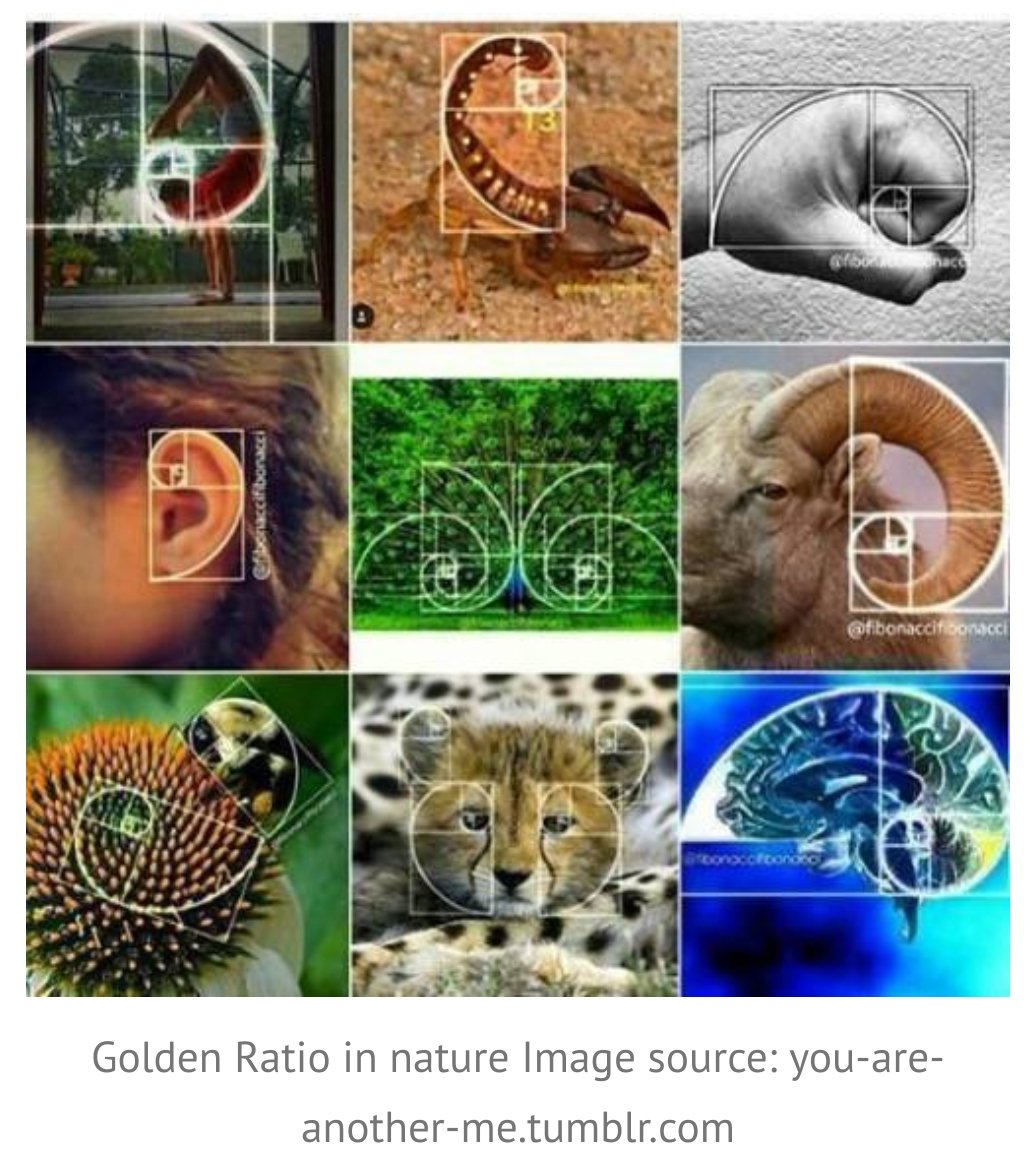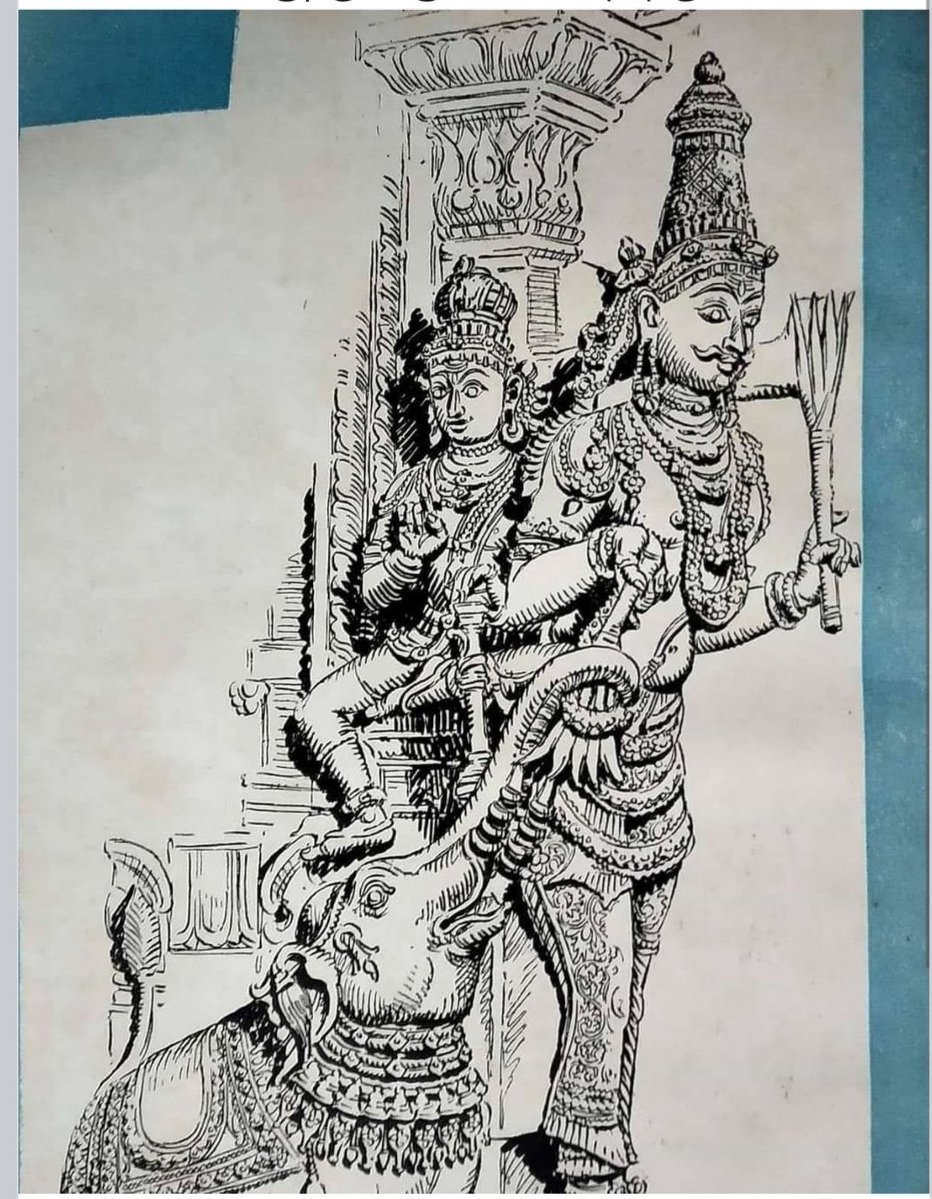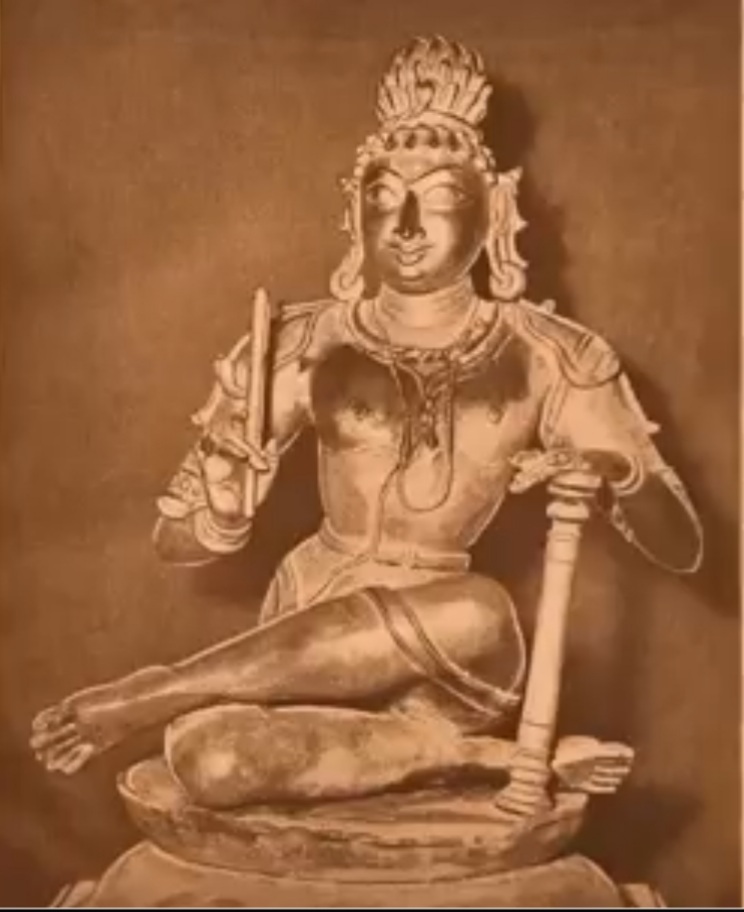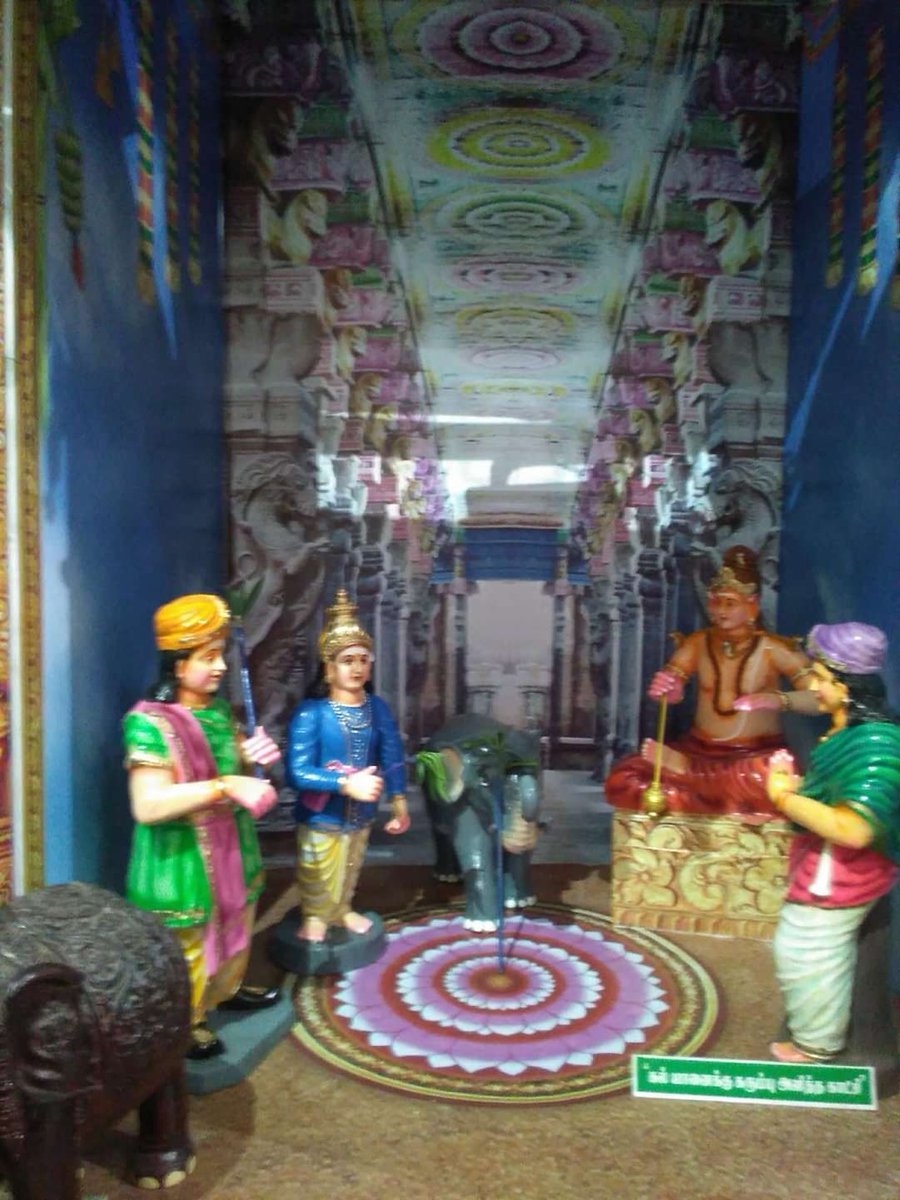It was the early 1990s, the days before Washington DC had meters in taxis. A famine was raging in Somalia. And I was working in my first job out of college: a brief stint working for an organization that focused on the Middle East peace process.
I was heading to my parents’ house. I was standing in front of a mailbox near my office. I was holding a stack of papers with Hebrew writing on them. I hailed a cab.
I was aware that on the mailbox behind me was a large sign from People for the Ethical Treatment of Animals with an image of a turkey and the words: “Thanksgiving is Murder on Turkeys.”
It was the period right around Thanksgiving.
A cab pulled up, and I got in the front seat—because in the days before metered cabs in DC, drivers were allowed to pick up more than one fare, and someone else was already occupying the back seat.
I found myself sitting next to a very large and very angry East African man who glared at the sign and then said to me with what seemed like needless belligerence: “What do you think of that?”
I groped for something mild to say, something that wouldn’t offend him further. I told him I thought the sign was sort of silly.
He exploded in a tirade.
“There is so much oppression in the world! There is so much suffering! There are people starving! And all these assholes can think of is the turkeys!”
The man had a point, even if his passion in expressing it was unnerving me.
I asked him where he was from.
Somalia, he said.
I found myself suddenly sympathetic to his anger. There was an actual famine in his home country and he had just pulled up next to sign complaining about the consumption of turkeys. There were many more such signs in DC at the time than there were signs about Somalia.
He railed at me all the way through dropping off the other passengers and all the way to my parents’ house.
As he pulled up in front of their house, he turned on the dashboard light so he could count change—and his eyes fell on my papers with Hebrew writing.
“Are you a Jew?” he asked me in the same tone of indignant, belligerent anger with which he had just been talking about PETA.
I was now confronted by one of those conflicts that periodically forces American Jews to make snap judgments balancing their liberalism against the primal Jewish self-protective instinct.
Over the course of about a half second, you see, a small war was fought within my soul. My American liberalism said: a guy upset about famine in East Africa who doesn’t like animal rights activism is asking about your heritage. You asked him where he was from! What’s the problem?
My primal Jewish self-preservation instinct saw things differently. He was very large. He was angry. Really angry. He was, let’s face it, from a Muslim country. And he had just used the word “Jew.” He hadn’t asked me whether I was “Jewish.” He had asked whether I was “a Jew.”
We were in an enclosed space.
And he controlled the vehicle.
My American pluralism side won out.
“Yes,” I said.
He responded immediately in precisely the same angry tone he had been taking throughout the ride.
”Where do you get kosher meat around here?” he demanded.
It turns out he was confused by the ingredients lists on packaged meat—being only moderately literate in English. He was concerned about inadvertently eating pork and had been advised to buy only kosher meat. We chatted about kosher butchers and signs that designate kosher foods.
I left his cab deeply grateful for American refugee policy and pluralism. I think about that cab driver every Thanksgiving—and every time I see a sign from PETA.





